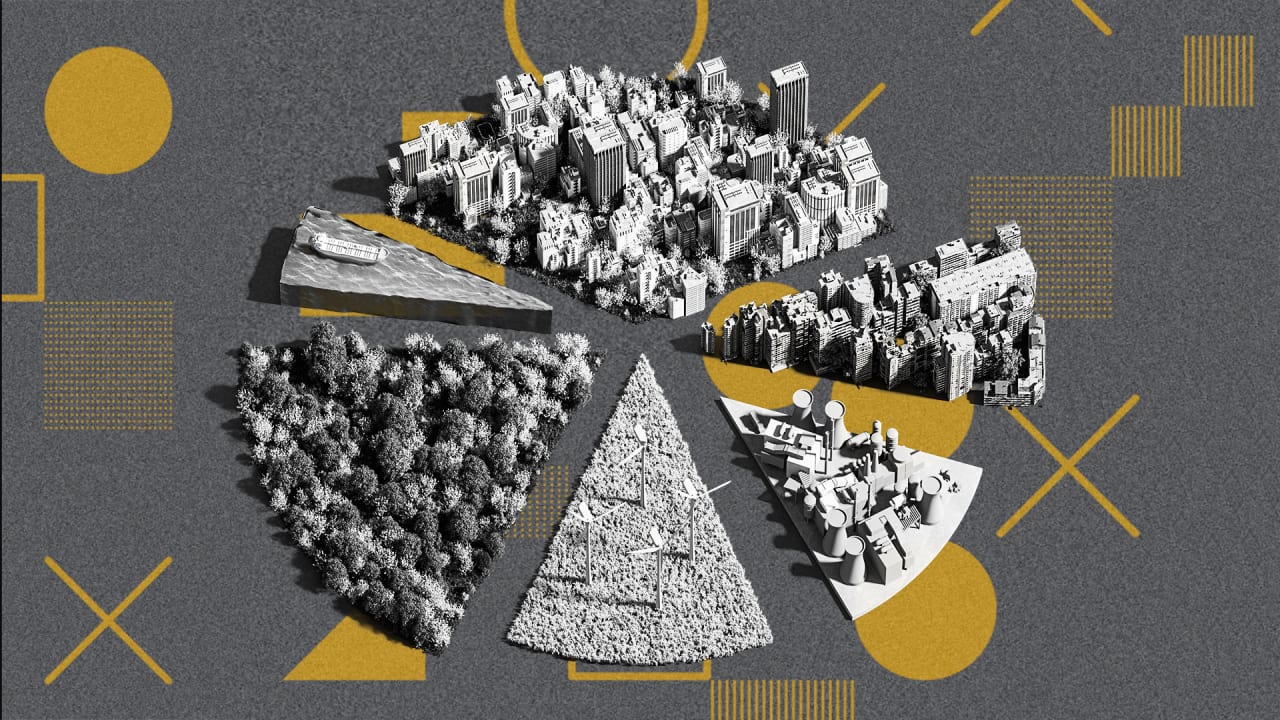[ad_1]

More than two years into the COVID-19 pandemic, organizations have adopted strategies to tackle the societal inequalities and global problems that COVID-19 has laid bare by prioritizing sustainable impact. As leaders navigate this “new normal,” they are honing long-term, revolutionary ideas aimed to address some of the workplace’s most pressing issues, including diversity, climate change, and income inequality. We asked members of the Fast Company Impact Council—an invitation-only, forward-thinking group of global business leaders and innovators—what sustainable impact means to them. Here’s what they told us.
LeMia Jenkins, chief communications officer, Pinterest
“When we think about sustainable impact, I think about setting that groundwork for innovation. Change is the only thing that’s constant, so how do we ensure that we’re building up the leaders of tomorrow [and] thinking about corporate America in a different way? One of the things that we’re seeing now is a calling for corporate America to really get involved and engaged in issues, so how are we setting that framework for generations to come?”
Rich Mokuolu, chief executive officer, Partsimony
“Sustainable impact is more so about how you’re creating the future. Our key thing at Partsimony is not just focusing on the product, but the environment the product is in. It’s about creating products in a sustainable and responsible way.”
Carolina Garcia Jayaram, founding executive director, Elevate Prize Foundation
“It [is] about access to underrepresented people [and] bringing people who are not represented into the conversation and empowering them . . . I just don’t think anything is sustainable anymore if it’s not representative of the communities that you’re trying to impact in the end. To me, it’s not going to last. It’s just going to be window dressing at the beginning, and it’s not really going to make the dent that you’re hoping it will create. You have to create those pathways of access in truly meaningful ways, whether you’re pipelining in your staff and trying to change your workforce, or you’re trying to partner with organizations on the ground and doing programming. You have to still put the people who are closest to the issue into the positions of power where the decisions are getting made, and that’s what’s going to be sustainable in my opinion.”
Deepti Rohatgi, executive director, Slack for Good
“Sustainable impact for me is turning your organization into a business that runs on its own without philanthropic money . . . if it makes business sense, that’s how it scales.”
Jeff Jones, president and chief executive officer, H&R Block
“To me it means lasting impact. I think about a mindset of ‘decading’—that’s how we talk about it at H&R Block. It’s very easy to say you want to have sustainable impact, but it requires intention, vision, communication, hard work. Easy to say, very hard to do.”
Seth Kaufman, president and chief executive officer, Moët Hennessey USA
“It’s really about how long-term-oriented the thinking can be. I’m fortunate enough to be in a luxury group where we have hundreds—plural—years-old brands . . . for us, that’s a huge responsibility to really think about. What are things going to look like in 100 years? And we do it across three dimensions: business, people and our team, and then obviously the planet.”
Annie Young-Scrivner, chief executive officer, Wella
“We’re a new company—18 months old—we’re a high-growth company. So we think about [sustainable impact] from people, planet, and product. How do we ensure that we can positively impact the beauty industry, and as we’re thinking through innovation, how does it positively impact the planet as well?”
Tim Mohin, chief sustainability officer, Persefoni
“In the context of a Fast Company meeting, I think it’s really actually bringing the values that I’ve worked [for] my whole career into the practice of business. The word ‘sustainability’ didn’t exist when I started my career, then it started to exist—[but] what does it actually mean? If you read the [Global Reporting Initiative], there’s actual meaning to it—34 different topics that companies have to wrestle with. The difference now is that it’s actually being embedded into the practice of business.”
Dr. Reed V. Tuckson, managing director, Tuckson Health Connections
“What that ultimately means is being able to create a company that can continue to solve the rate-limiting steps that interfere with the ability to continue to progress, innovate, and move forward.”
[ad_2]
Source link

